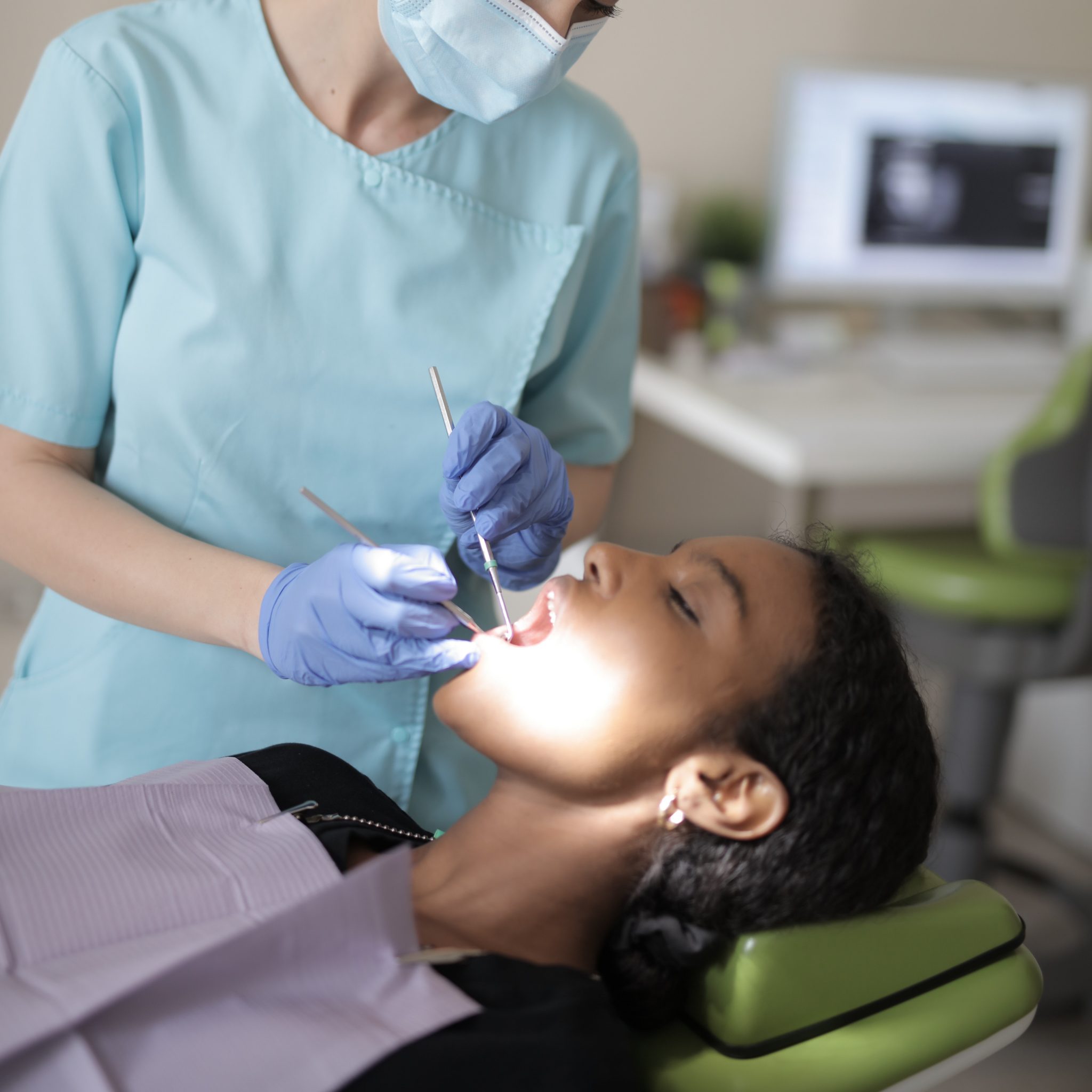New data underscores need for greater awareness of dental caries amongst patients
NewsPosted by: Dental Design 25th May 2021

New data published by the Oral Health Foundation and Colgate-Palmolive has discovered a concerning lack of knowledge of dental caries. The Oral Health Foundation is now calling on dental professionals to help raise awareness of dental caries amongst patients in order to improve the oral health of the nation.
Dental caries is one of the most chronic diseases in the world and is estimated to affect around 2.3 billion people globally1. In the UK, it is estimated that just under one-in-three adults suffer from caries2 – a problem which the charity believe has been exacerbated during the pandemic.
Despite its prevalence, many remain unaware of the circumstances that could lead them being at higher risk or understand how they can prevent the disease from occurring.
As part of a new nationwide omnibus survey into dental caries and fluoride, one-in-three (33%) were unable to identify ‘brushing teeth’ as an action that could prevent the disease.
Furthermore, over half of respondents (54%) did not associate ‘regular dental appointments’ to lower caries risk while and more than one-in-four (26%) did not know that ‘high carbohydrate’ diets can be responsible for higher caries risk3.
There was also a lack of awareness around the other major risk factors of caries, including older age, drying mouth, and having a history of oral health restorations.
Dr Emanuele Cotroneo, Scientific Affairs Project Manager at Colgate, is concerned that without a good basic understanding of the risk factors of tooth decay many Brits will struggle to take control of their oral health.
Dr Cotroneo says: “What this new survey data shows is a clear need for education amongst patients. Patients could be missing out on simple but really effective ways to minimise their risk of developing dental caries but are simply unaware of how their lifestyle choices are impacting their oral health.”
The survey’s findings are part of the charity’s The Truth About Tooth Decay – an online hub, created in partnership with Colgate-Palmolive. The platform hosts educational material for patients around dental caries. The site also includes a dedicated area for dental professionals with tips and tools for educating patients about the symptoms and risk factors of dental caries.
The investigation also showed that it is younger people aged 18-to-24 that have the weakest knowledge when it comes to dental caries.
Almost one-in-four (24%) 18-24-year-olds failed to highlight ‘brushing your teeth’ as an effective way to prevent caries. This is six times lower than those 55-years-old and over (4%).
Similarly, younger adults were far less likely to know that fluoride prevent caries. Less than one-infour (23%) of 18-24-year-olds think that fluoride can be used as an effective way to prevent dental caries – significantly less than those aged over 55.
While young people seem to be least knowledgeable when it comes to dental caries, they are also the keenest to receive oral health information in between appointments.
Nearly two-in-three (63%) younger adults would like to receive oral health information in between appointments with ‘email’ being the preferred method of receiving the information (65%)3.
Dr Ben Atkins, President of the Oral Health Foundation believes the results of this survey have highlighted a knowledge gap that needs to be addressed sooner rather than later.
Dr Atkins says: “Certainly when it comes to caries, it is clear from this research that more work needs to be done to educate younger adults, both regarding prevention and what is likely to put them at higher risk. Despite this, it is encouraging that most young people are keen to learn more about this area of their health and wellbeing. It presents dental professionals with a tremendous opportunity to engage with this audience, who we know are more likely to skip brushing and regular dental visits.
“Dental professionals are a in a great position to help patients of all ages better understand their oral health. This education can not only be done in the dental chair, it can also be done digitally on social media and through e-communications. The latter has become increasingly important given the restrictions from the pandemic. Digital learning is likely to play a key role in delivering the prevention aspects of the new dental contract.”
For more information, and to check out The Truth About Tooth Decay online hub, head to www.dentalhealth.org/thetruthabouttoothdecay
REFERENCES
- World Health Organisation, Sugar and dental caries (2017), available online at https://www.who.int/oral_health/publications/sugars-dental-caries-keyfacts/en/#:%7E:text=It%20is%20also%20the%20most,by%20avoiding%20dietary%20free%20sugars
- NHS Digital, Adult Dental Health Survey (2009), available online at https://files.digital.nhs.uk/publicationimport/pub01xxx/pub01086/adul-dent-heal-surv-summ-them-the2-2009-rep4.pdf
- Oral Health Foundation and Colgate-Palmolive (2021) ‘Dental Caries Awareness Survey’, UK, Broadcast Revolution, Sample 2,008.









